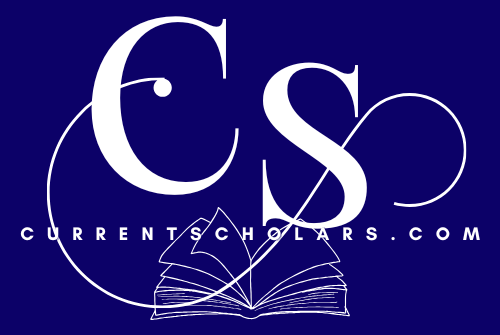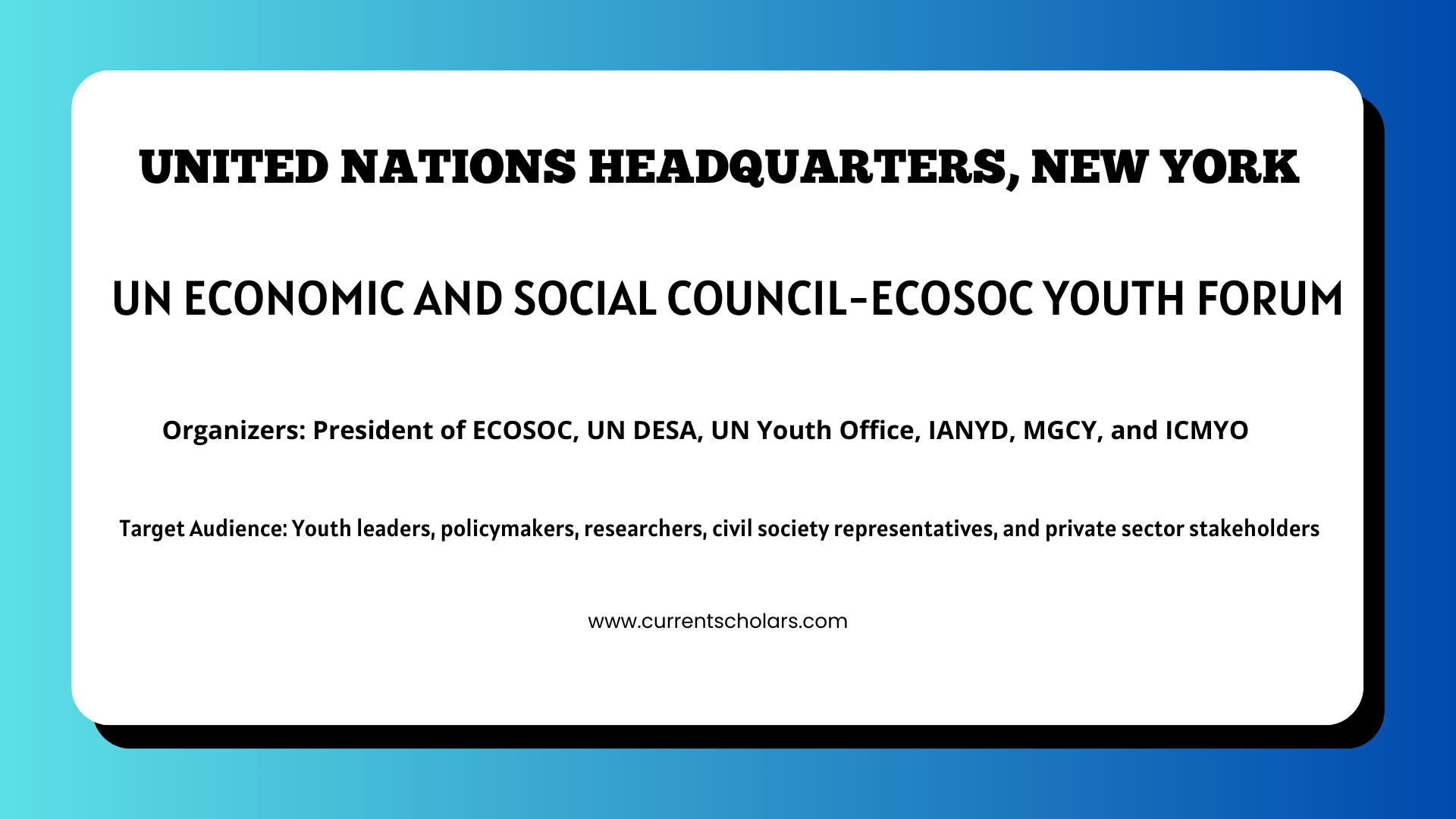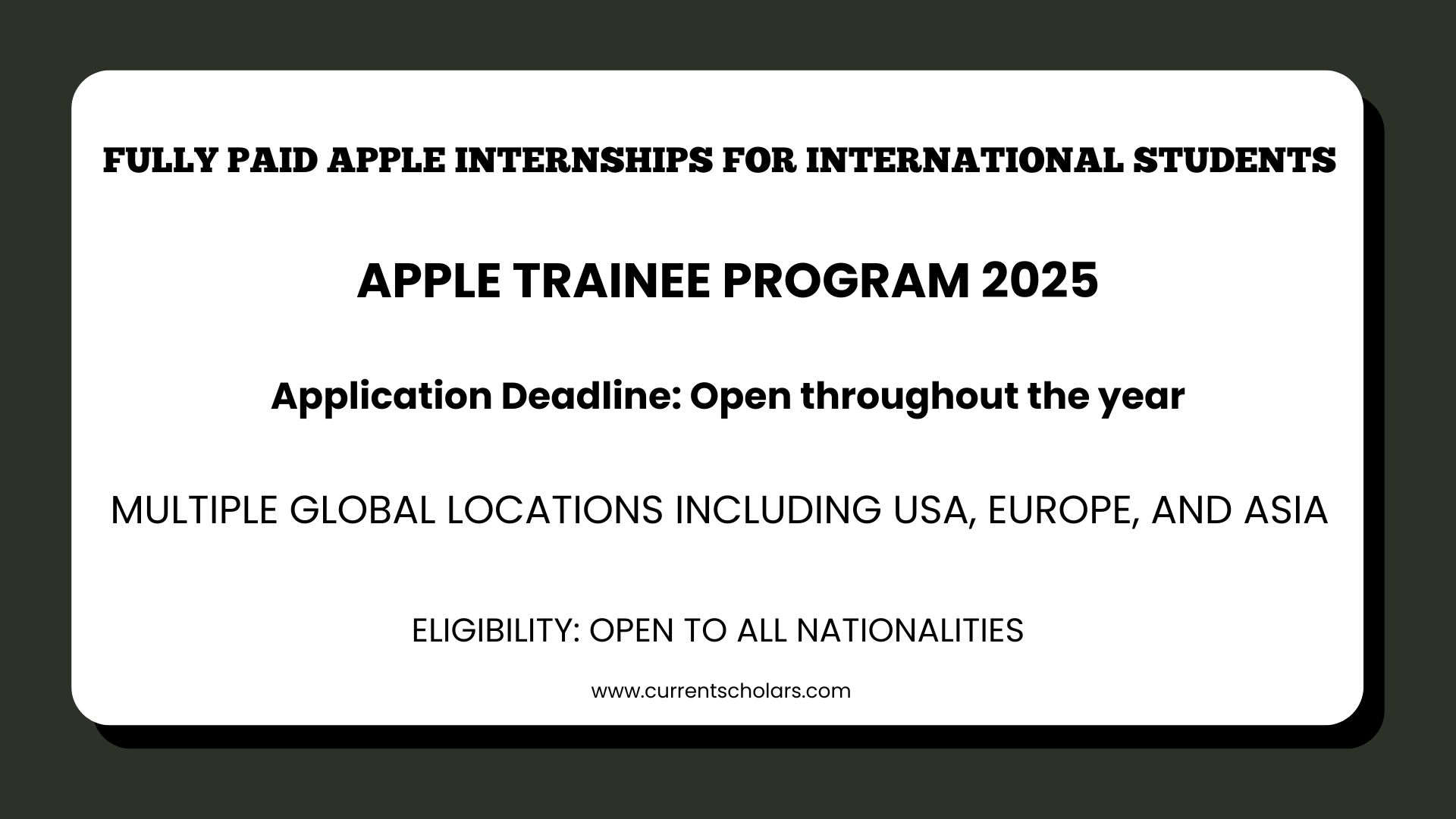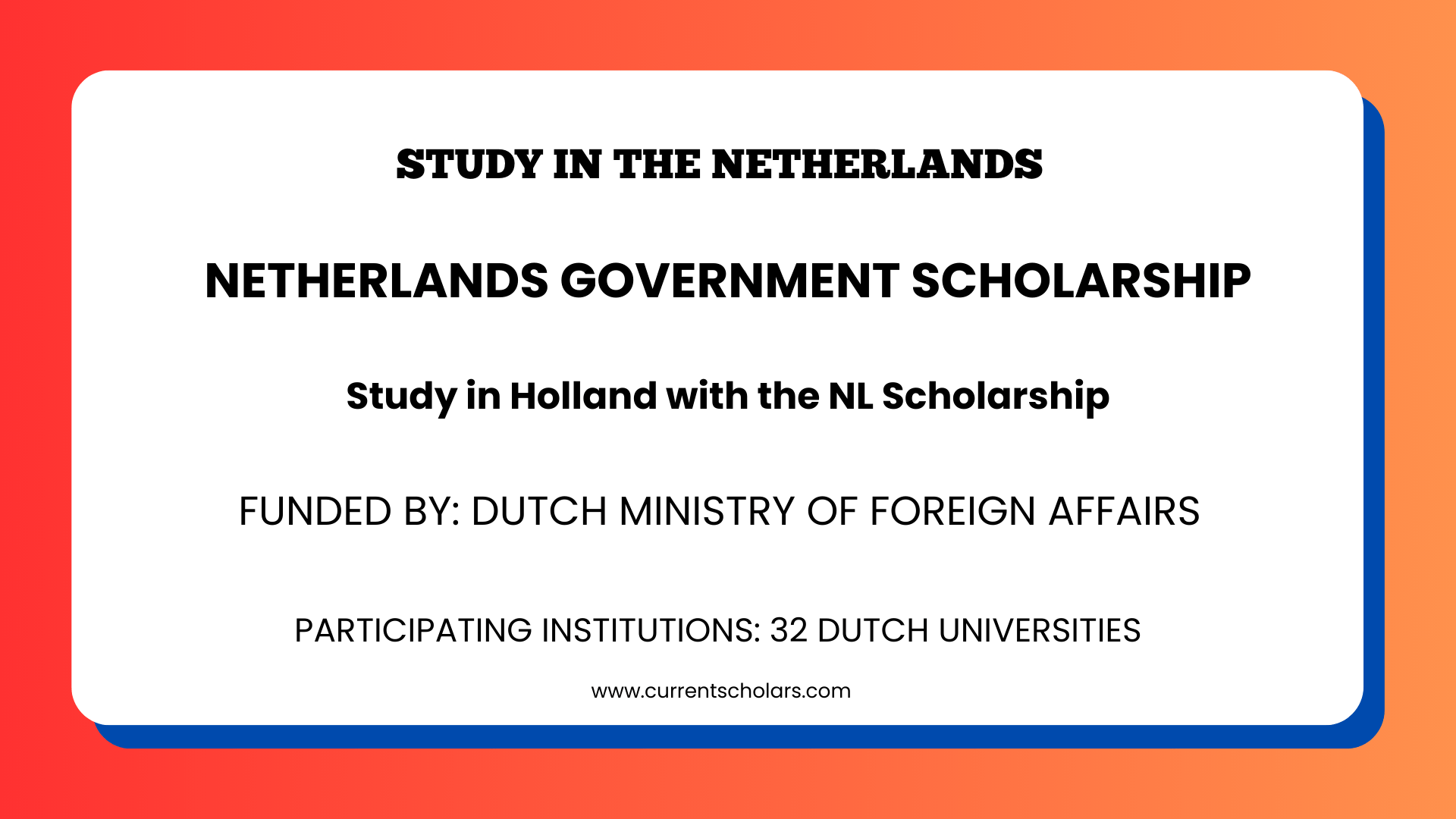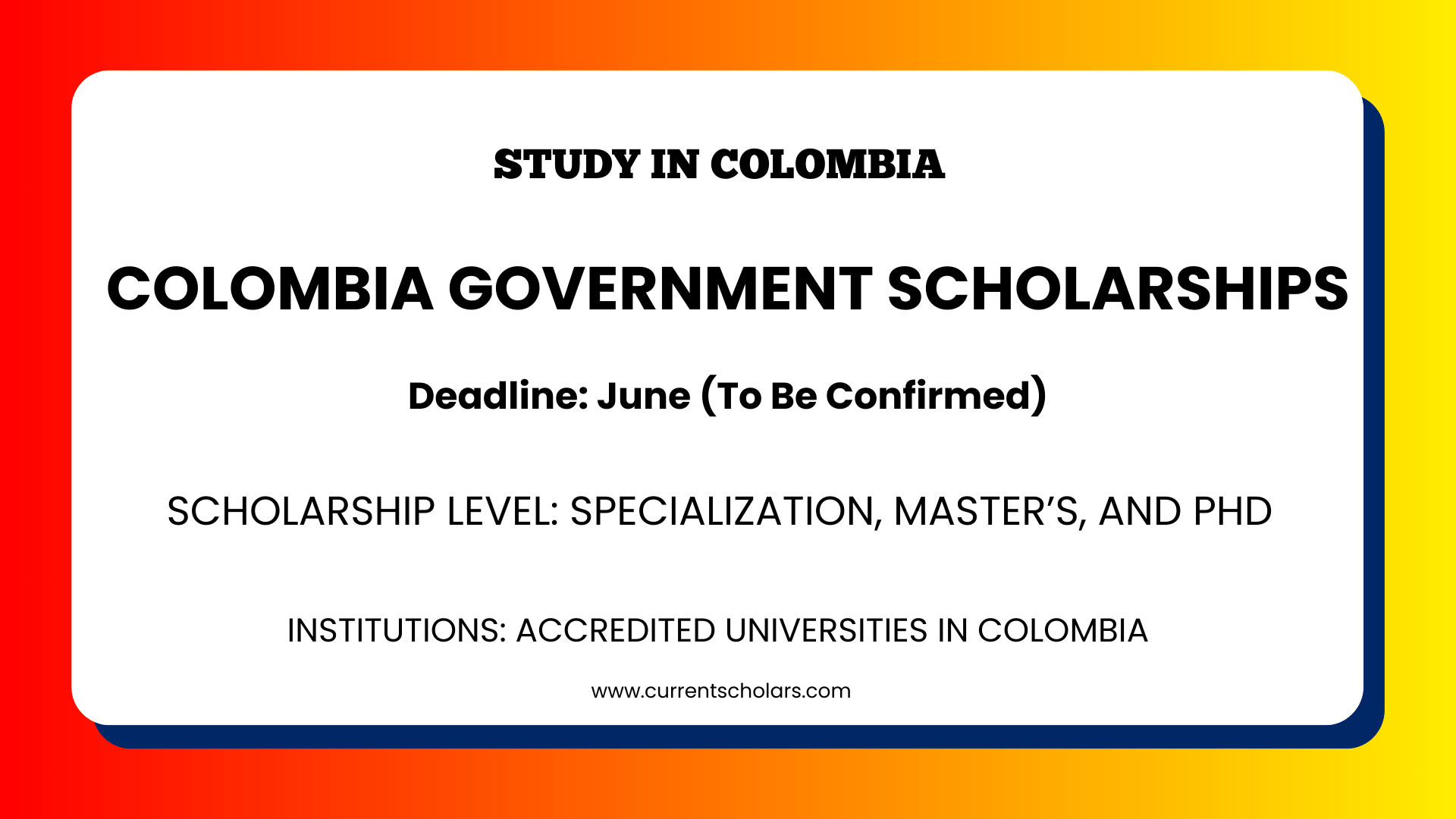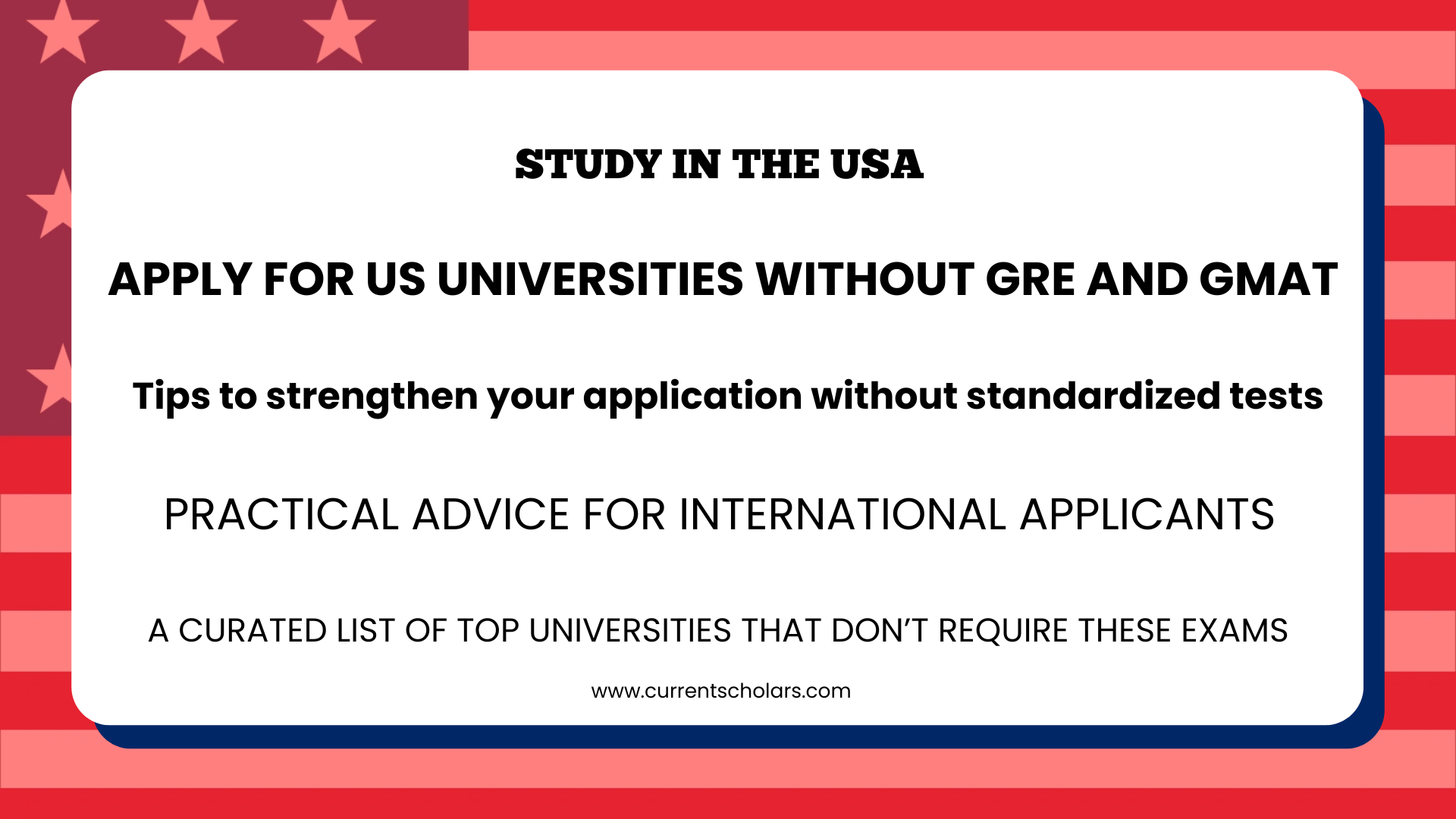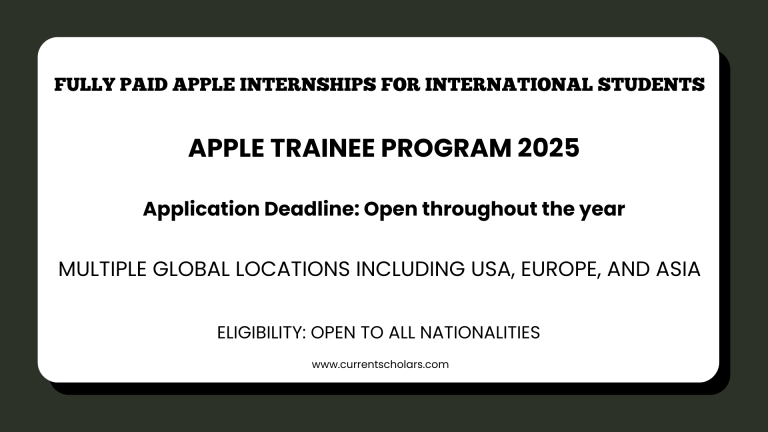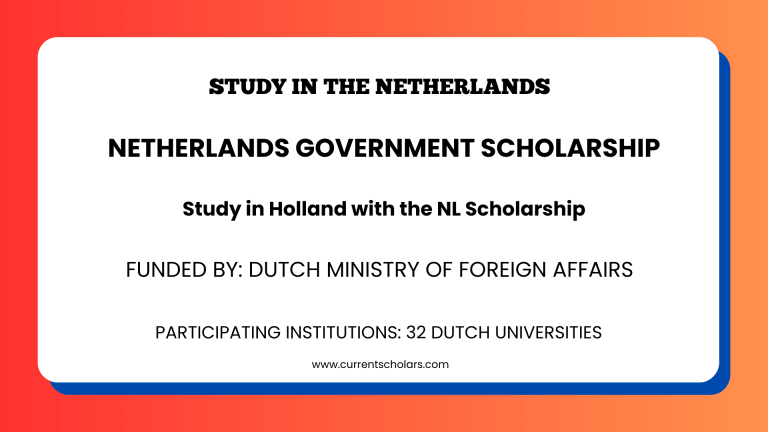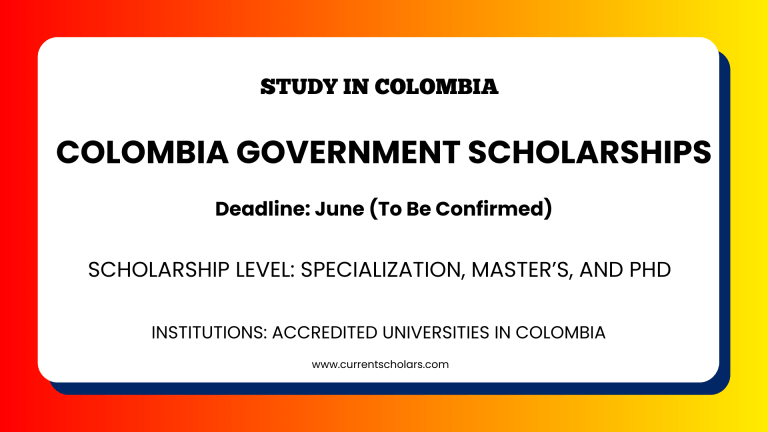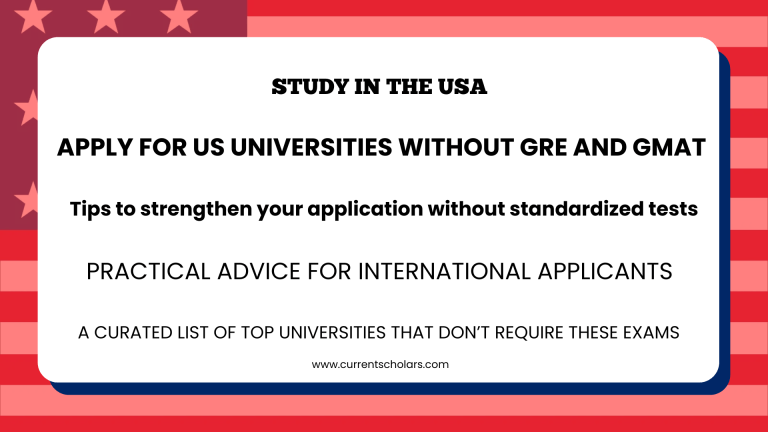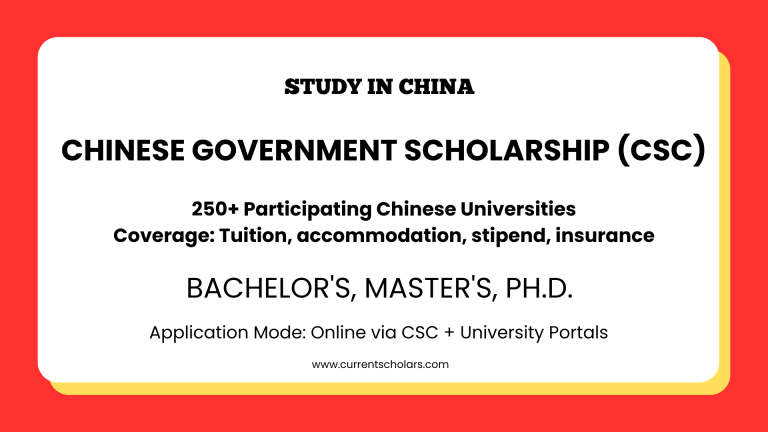Empowering Youth for Global Change
The UN Economic and Social Council (ECOSOC) Youth Forum 2025 is a premier platform where young leaders, policymakers, and key stakeholders come together to shape global policies and drive progress toward the 2030 Agenda for Sustainable Development. This three-day forum will take place from April 15 to 17, 2025, at the United Nations Headquarters in New York, offering both in-person and virtual participation.
Participants will engage in high-level discussions, share best practices, and contribute to key global initiatives, including the 4th International Conference on Financing for Development and the Second World Summit for Social Development (WSSD2). The forum will focus on SDGs under review at the 2025 High-Level Political Forum (HLPF), covering:
- SDG 3 – Good Health and Well-being
- SDG 5 – Gender Equality
- SDG 8 – Decent Work and Economic Growth
- SDG 14 – Life Below Water
- SDG 17 – Partnerships for the Goals
Forum Details
- Location: United Nations Headquarters, New York
- Format: Hybrid (In-person & Virtual)
- Duration: 3 days
- Dates: April 15–17, 2025
- Organizers: President of ECOSOC, UN DESA, UN Youth Office, IANYD, MGCY, and ICMYO
- Target Audience: Youth leaders, policymakers, researchers, civil society representatives, and private sector stakeholders
- Side Event Registration Deadline: February 28, 2025
Why Attend the ECOSOC Youth Forum 2025?
Attendees will gain:
- Opportunities to engage with UN agencies, policymakers, and global leaders on sustainable development.
- A platform to present ideas and solutions addressing global challenges aligned with the 2030 Agenda.
- Networking with international youth leaders and organizations from diverse sectors.
- Access to thematic and regional breakout sessions focused on key Sustainable Development Goals (SDGs).
- A chance to contribute to major international processes, including the 4th International Conference on Financing for Development and WSSD2.
- Opportunities to showcase projects, research, and initiatives through side events.
- Flexibility with hybrid participation, enabling young changemakers worldwide to join.
Who Can Apply?
- Open to youth leaders, researchers, policymakers, civil society representatives, and private sector stakeholders worldwide.
- No age restrictions, but applicants must demonstrate a strong interest in sustainable development and policy advocacy.
- Participants must be available to engage in the forum from April 15–17, 2025.
- Those interested in hosting side events must register by February 28, 2025.
How to Apply?
To stay updated on the application process and registration details, visit the official ECOSOC Youth Forum website.
This is a unique opportunity for young visionaries to influence global policies and contribute to a more sustainable and inclusive future. Apply now and be part of the change
